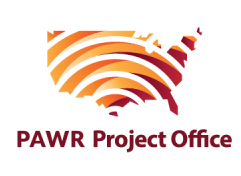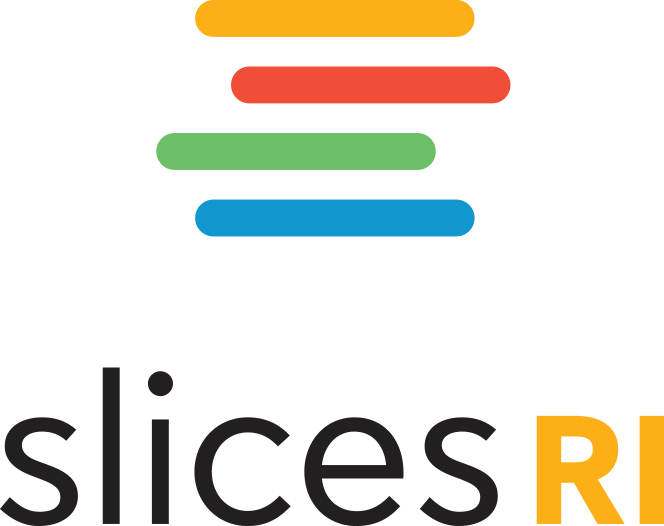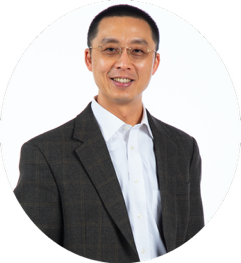
Hongwei Zhang
speaker
I lead the Center for Wireless, Communities and Innovation and the Dependable Networking and Computing Group at Iowa State University. Our research explores theories, methods, and systems building-blocks for addressing dynamics and uncertainties in networked systems. Presently, we are especially interested in the modeling, algorithmic, and systems issues in wireless sensing and control networks (e.g., those in 5G and beyond) as well as their applications in extended reality, connected and automated vehicles, precision agriculture, smart energy grid, industrial IoT, and cyber-physical-human systems in general.
Besides publications, our work has provided foundational components for several wireless network systems, including the ARA wireless living lab for smart and connected rural communities, CyNet software-defined cyberinfrastructure for smart agriculture and transportation, the emulation system and software-defined innovation platforms for sensing and control networks of connected and automated vehicles, the WiMAX research cellular network, the KanseiGenie federated sensor networks, the NetEye experimental infrastructure (which has 176 IEEE 802.15.4 nodes and 15 802.11b/g nodes), and the DARPA sensor network systems A Line in the Sand and ExScal (which, with its 200-node 802.11b mesh network and 1,200-node mote network, was the world’s largest wireless sensor network and 802.11b mesh network deployed at its time).
Our work has been recognized by the Best Paper Award at the IEEE International Conference on Network Softwarization (NetSoft) in 2021, Annual Best Paper of the Journal of Systems Science and Complexity (Springer) in 2016, Best Demo Award at the 23rd and 21st NSF GENI Engineering Conference in 2015 and 2014 respectively, Best Demo First Runner-up Award at the 20th NSF GENI Engineering Conference in 2014, Spotlight Paper of the IEEE Transactions on Mobile Computing in November 2010, and Best Paper Candidate at the IEEE International Conference on Network Protocols (ICNP) in 2010. Our work has also been featured by public media such as Tech Crunch, Broadband World News, telecompetitor, Inside Towers, Computing Community Consortium (CCC), Science X, SmartPlanet, EurekAlert!, Model D, Innovation Iowa, Ames Tribune, Nevada Journal, UMTRI Connected Vehicle News, Michigan University Research Corridor News, Wayne State University New Science Magazine, CBS, and Today@Wayne. I received the NSF CAREER Award in 2011.
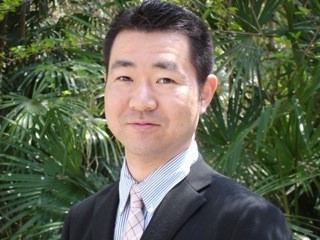
Aki Nakao
speaker
Dr. Aki Nakao is a professor at Department of Systems Innovation, Faculty of Engineering, The University of Tokyo. He received Ph.D. degree in Computer Science from Princeton University. He has been teaching at the University of Tokyo since 2005, leading Nakao Research Laboratory pursuing research on next generation cyber infrastructure.
Dr. Akihiro NAKAO received B.S.(1991) in Physics, M.E.(1994) in Information Engineering from the University of Tokyo. He was at IBM Yamato Laboratory at Tokyo Research Laboratory at IBM Texas Austin from 1994 till 2005. He received M.S.(2001) and Ph.D.(2005) in Computer Science from Princeton University. He has been teaching as an Associate Professor in Applied Computer Science, at Interfaculty Initiative in Information Studies, Graduate School of Interdisciplinary Information Studies, the University of Tokyo since 2005. (He has also been an expert visiting scholar/a project leader at National Institute of Information and Communications Technology (NICT) since 2007.)
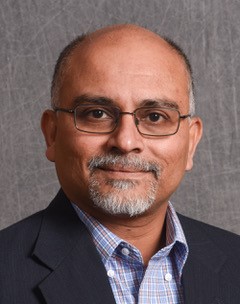
Rudra Dutta
speaker
Rudra Dutta was born in Kolkata, India, in 1968. After completing elementary schooling in Kolkata, he received a B.E. in Electrical Engineering from Jadavpur University, Kolkata, India, in 1991, a M.E. in Systems Science and Automation from Indian Institute of Science, Bangalore, India in 1993, and a Ph.D. in Computer Science from North Carolina State University, Raleigh, USA, in 2001. From 1993 to 1997 he worked for IBM as a software developer and programmer in various networking related projects. He has been employed from 2001 – 2007 as Assistant Professor, from 2007 – 2013 as Associate Professor, and since 2013 as Professor, in the department of Computer Science at the North Carolina State University, Raleigh. As of Fall, 2018, he is serving as Associate Department Head. His current research interests focus on design and performance optimization of large networking systems, Internet architecture, wireless networks, and network analytics. He is a senior member of IEEE and a distinguished member (distinguished engineer) of ACM.
He is the author of more than a hundred papers, including some of the most cited papers in virtual topology design and traffic grooming in optical network design. His work has been supported by grants from the National Science Foundation, the Army Research Office, the National Security Agency, and industry, most recently including a $24M PAWR grant from NSF, for the AERPAW project that is creating a national drones/wireless testbed in an extended outdoor area. He has served as a reviewer for many premium journals, on NSF, DoE, ARO, and NSERC (Canada) review panels, as part of the organizing committee of many premium conferences, most recently as General Co-Chair for the IEEE Sarnoff Symposium in 2019. He previously served on the editorial boards of the Elsevier Journal of Optical Switching and Networking, and the Springer Photonic Communication Networks journal, for several years.
He is married, has two children and lives in Cary, North Carolina. His sister and her family live in Kolkata, India.
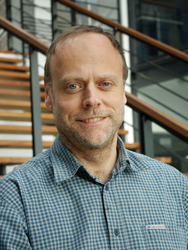
Raymond Knopp
speaker
Prof. Raymond KNOPP received the B.Eng. (Honours) and the M.Eng. degrees in Electrical Engineering from McGill University, Montreal, Canada, in 1992 and 1993, respectively. From 1993-1997 he was a research assistant in the Mobile Communications Department at EURECOM working towards the PhD degree in Communication Systems from the Swiss Federal Institute of Technology (EPFL), Lausanne. From 1997-2000 he was a research associate in the Mobile Communications Laboratory (LCM) of the Communication Systems Department of EPFL. He joined EURECOM as a professor in 2000.
His current research and teaching interests are in the area of digital communications, software radio architectures, and implementation aspects of signal processing systems and real-time wireless networking protocols. He is also president of the OpenAirInterface Software Alliance, an academia-industry consortium federating the OpenAirInterface development communities which promotes open-source tools for 3GPP-based systems.
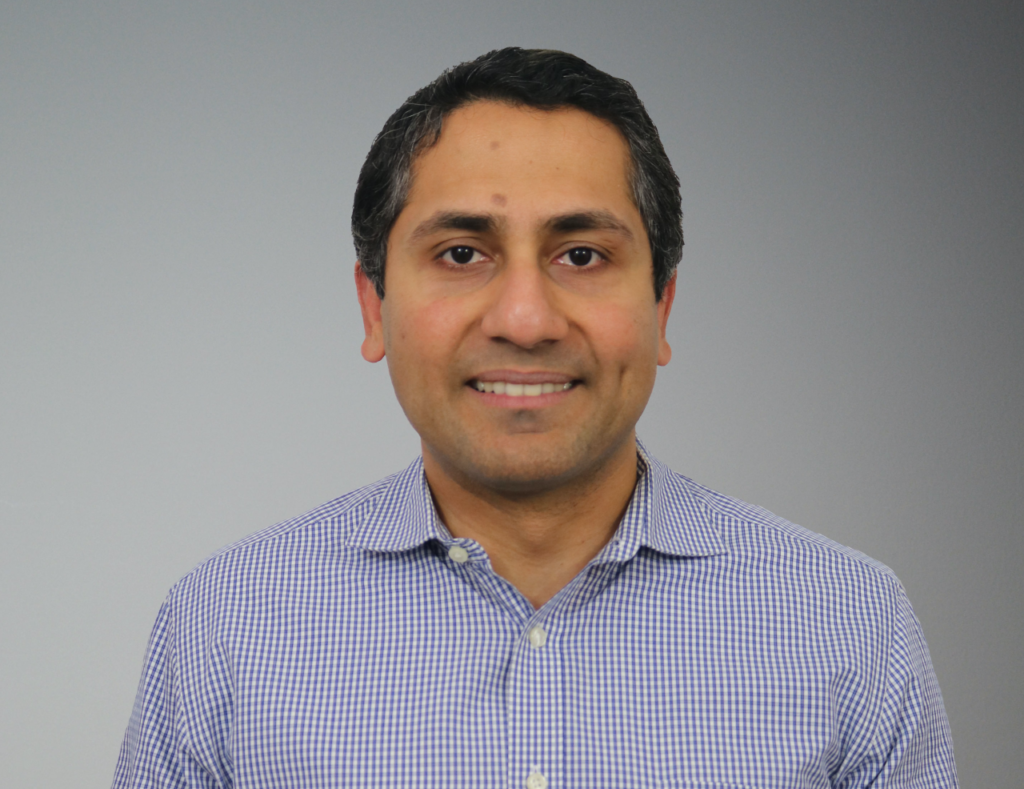
Abhimanyu (Manu) Gosain
organizer
Abhimanyu (Manu) Gosain is a Senior Technical Program Director for PAWR and Director of Industry Engagement for Institute of Wireless Internet of Things at Northeastern University. In this role, he is in charge of setting strategic goals and the research agenda for a $100M public-private partnership for the NSF Platforms for Advanced Wireless Research (PAWR) program and $25M DARPA Colosseum program. He serves as a Board Member for the OpenAirInterface Software Alliance, Founding member for Magma Core Foundation, university representative for O-RAN Alliance, Telecom Infra Project and co-chair on organizing committee and program committees for 6GSymposium, EuCNC,IEEE InfoCom and ACM WinTech. His numerous professional publications and experience exemplify use-inspired basic research in the field of networking technologies such as LTE, 5G, AI/ML, edge computing and Internet of Things. He is an IEEE Senior Member. He received his M.S. degree from Tufts University and M.B.A. from Boston University with High Honors.
